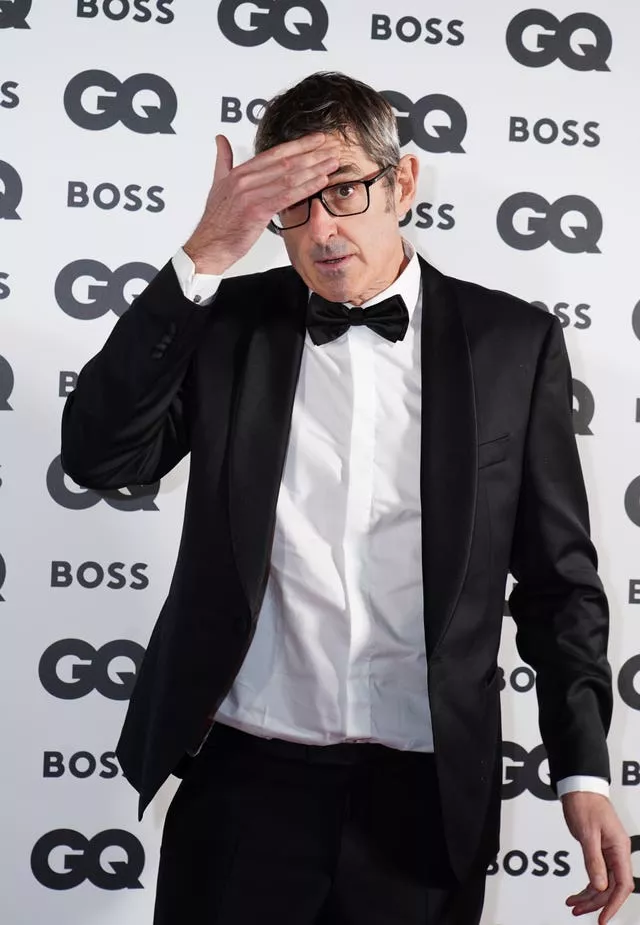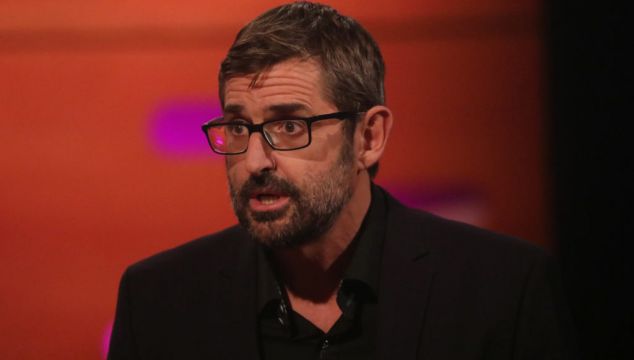Louis Theroux feels there is a “vested interest” by some media outlets for a “Brexit from the licence fee”.
On Wednesday, during the annual MacTaggart lecture at the Edinburgh Television Festival, the broadcaster and documentary-maker said he believes the BBC is in a “no-win” situation of trying to “avoid offence” and in danger of avoiding important subjects in a bid to “play it safe”.
Reflecting on his speech the next day, Theroux said he thinks legacy media outlets will be able to compete against platforms like YouTube, which are unregulated by groups like Ofcom.
He said: “It’s possible that the licence fee is on a managed decline… There is vested interest, lobbying and active campaigning for a Brexit from the licence fee.”
The presenter added: “It’s up to us to spread the word to advocate the idea of public service broadcasting.”
Theroux said he is a fan of streaming platforms but they do not offer “good” news coverage.
“I think the future is hopeful if we remain hopeful and positive,” he added.
Theroux, who is known for his documentaries exploring fringe groups of society, also said he thinks not creating projects looking into controversial figures is “futile” and is “almost comparable to having a compromised immune system”.
Reflecting on why he feels it is still important to expose individuals like Nick Fuentes, an internet personality who has promoted white supremacist beliefs, he said: “The most obvious and immediate reason is that Fuentes already has a profile so the idea of not platforming him or ignoring him is futile.”
He added: “We have no choice, really. The world has changed so much. There are so many outlets. The idea of putting your head in the sand and saying, ‘Well, we’re just going to curate a safe space where none of that is addressed’… it’s not realistic.”

The documentarian said Fuentes is a “fascinating, very troubling individual” as he has a “veneer of plausibility” but outputs “his most poisonous content” on Donald Trump’s platform Truth Social to his mass of followers.
He qualified his point by saying he does not feel individuals like Fuentes should be put on Graham Norton where they are unmediated and no context is provided, but through programmes or documentaries where output can be framed carefully.
“If we don’t expose those opinions that are toxic to some kind of scrutiny, it’s almost comparable to having a compromised immune system”, he said.







